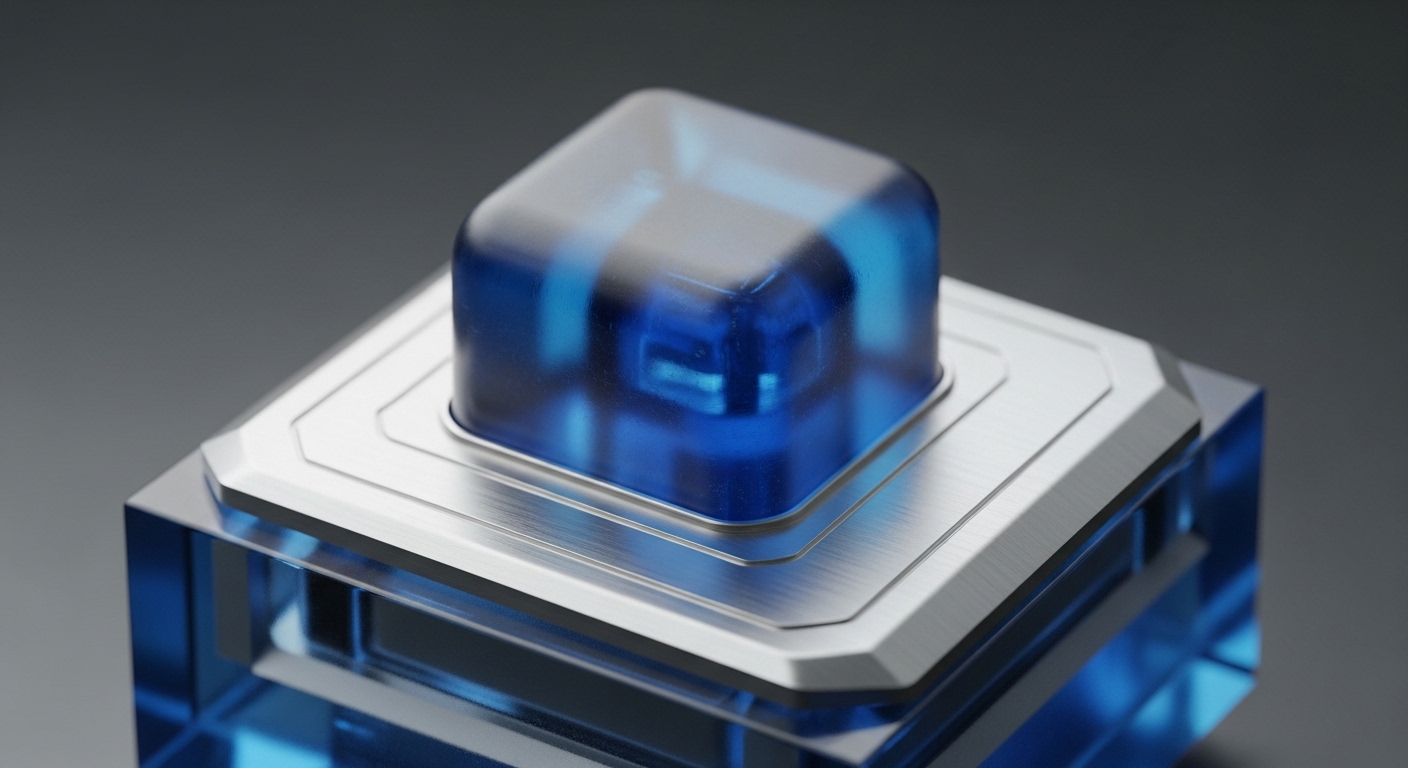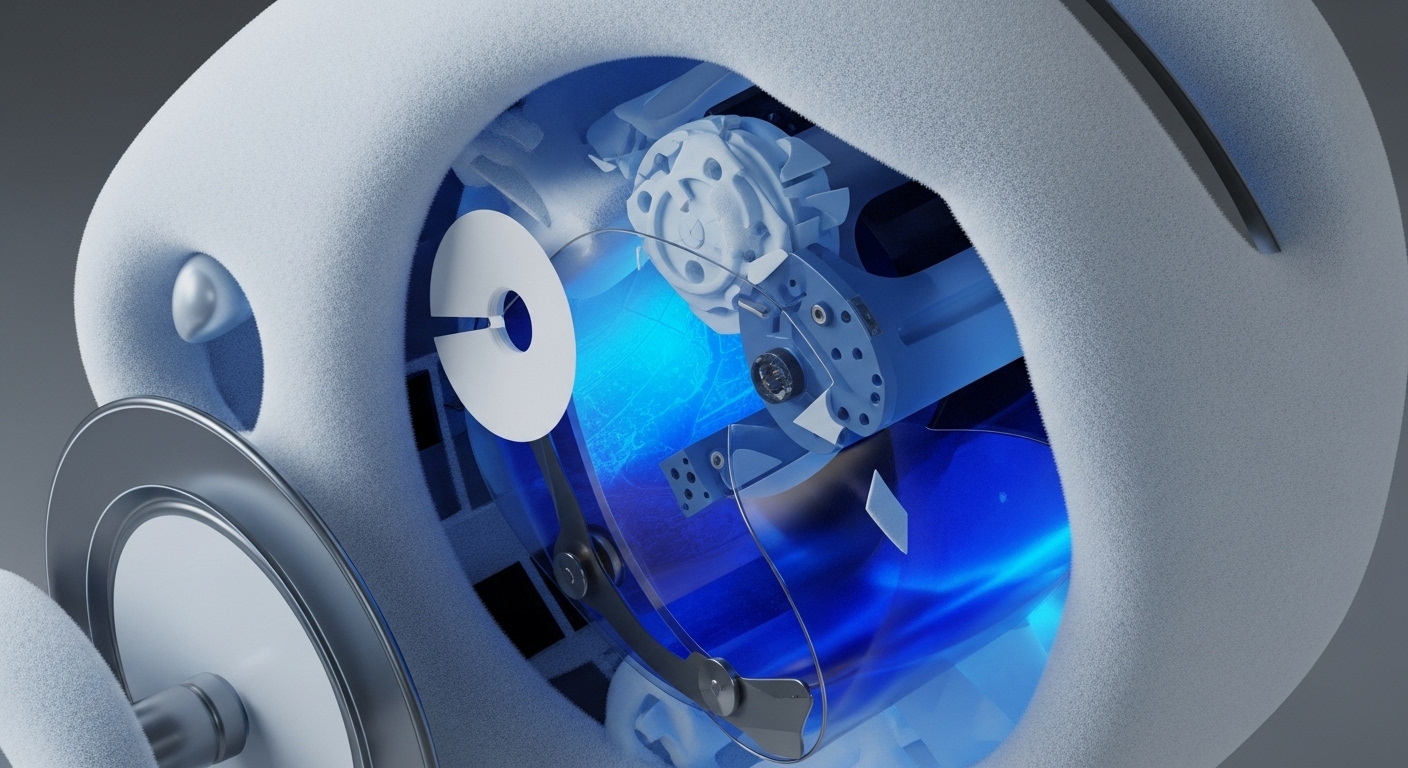Sublinear Prover Space Unlocks Practical Zero-Knowledge Verifiable Computation


A novel cryptographic equivalence reframes ZKP generation as a Tree Evaluation problem, quadratically reducing prover memory for constrained devices.
Sublinear Zero-Knowledge Proofs Democratize Verifiable Computation and Privacy


Sublinear memory scaling for ZKPs breaks the computation size bottleneck, enabling universal verifiable privacy on resource-constrained devices.
Sublinear Zero-Knowledge Proofs Democratize Verifiable Computation on Edge Devices


Researchers solved the ZKP memory bottleneck, achieving square-root space complexity to enable large-scale, private computation on all devices.
Sublinear Prover Memory Unlocks Universal Zero-Knowledge Computation and Decentralization


Reframing ZKP generation as a tree evaluation problem cuts prover memory from linear to square-root complexity, enabling ubiquitous verifiable computation.
Sublinear Memory Zero-Knowledge Proofs Democratize Verifiable Computation


Introducing the first ZKP system with memory scaling to the square-root of computation size, this breakthrough enables privacy-preserving verification on edge devices.
